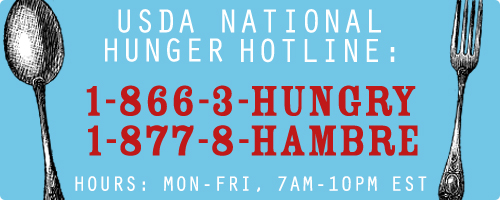Posted in Hunger
Last week, the Administration proposed a new rule that would eliminate the Supplemental Nutrition Assistance Program (SNAP)’s Broad-Based Categorical Eligibility (BBCE) program. This proposed rule would be disastrous for America’s fight against hunger: eliminating food assistance for 3.1 million low-income people, and almost certainly creating a bureaucratic mess in South Carolina.
Along with the vast majority of states, South Carolina has used BBCE for decades to support working poor and disabled families. The program allows South Carolina to adjust SNAP eligibility to serve families with incomes modestly above 130 percent of the Federal Poverty Level (FPL), provided that their net income after shelter, childcare, and other basic expenses is below 100 percent of FPL.
BBCE mitigates the “benefit cliff,” which results when low-income families suddenly lose eligibility for food assistance as the result of a small increase in earnings. The benefit cliff is an obstacle faced by many Americans who struggle to find sufficient employment and who rely on SNAP to put food on the table. This includes working families near the poverty line, seniors, people with disabilities, and those saving in order to become or remain more economically independent.
The Administration has fallaciously implied that households eligible for SNAP through BBCE are “automatically” eligible without an assessment of their need for food, but this is not true. Under BBCE, states still apply the relevant procedures to determine the appropriate amount of SNAP benefit, ensuring that hungry households receive the correct amount of monthly food assistance.
In short, BBCE cuts red tape, reduces error rates, and saves South Carolina millions of dollars in administration funds. The new rule would compromise all of these benefits.
Knowing this and affirming that SNAP is America’s best defense against hunger, Congress rejected this proposal to eliminate BBCE in the 2018 Farm Bill, which passed with bipartisan support. Yet still, the Administration continues to undermine SNAP with this rule and another proposed rule to limit SNAP for certain adults earlier this year. Though the president may gain in the short-term with a policy favored only by his most hyper-partisan base, countless communities in South Carolina and across the country will feel the sting of this policy for years to come in the form of hungrier families and under-performing hungry students.
We must protect SNAP and oppose this harmful new rule. To do so, you can submit your public comment HERE.


